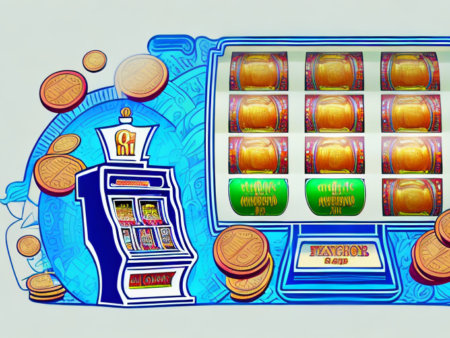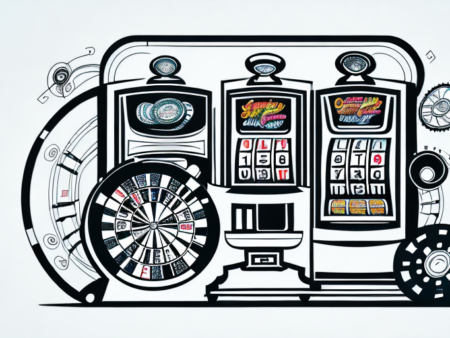Taxes are a threat to everybody making a considerable income. Whether earned from within or outside the country, Lottery in Canada is not taxed . It is regarded as a bonus. Canadian lotteries bonuses such as the Lotto Max and the 649 are not taxed. Whether from a sweepstake or a local hockey team sponsored by a charity organization, every win is tax-free since they all fall under the bonus category. Players are, however, advised to invest in their winnings in a tax-free savings account (TFSA) or a registered retirement savings plan (RRSP). Investing in stocks or mutual funds could have some taxation after dividends are earned on the investments. Depositing in a bank can trigger some taxations if any interests are acquired from the deposits made. It is not the Canadian revenue agency (CRA) that tax the winnings. Earning from Canadian casinos is treated similarly to other lotteries and remain tax-free as well.
Lotteries in Canada
Online gambling wins are not subjected to tax since they are not a reliable source of income. The majority do it for leisure, and the small victories they generate are not weighty for one to depend on making a living from it. However, their earnings are taxed for professional gamblers who make a living betting online or offline because the Canadian government views them as freelance business owners. According to Canadian law, it is subject to tax like any other business income. They are not privileged to claim losses as a business loss since CRA has not allowed them yet, but they can claim business expenses.
Most lotteries in Canada are given authority by the government for a charitable cause or are government-run. This then requires the players to buy a ticket to access the service. The government keeps around 45% of ticket sales and does not collect more from the wins. The government, however, still looks for ways to increase the revenue, and their top suggestion is the taxation of lottery winnings. It fears that this may reduce the number of people who play the lottery, which means low prices and low revenues.
Is Lottery Taxed in Canada?
Though lottery income from outside Canada is not taxed, if a Canadian citizen wins in the USA or Vegas, chances are, they may have to pay as much as half of their winnings as tax. If a player fails to declare the earnings, 30% is deducted during the withdrawal process. However, Canadians legally working in the US claim any losses incurred under the Canada-US income tax treaty, and the US government would initiate a tax refund. The treaty states that the tax authorities should not consider lottery taxable. For a refund of the pending taxes, the Canadian resident must file Form 1040NR under the treaty’s terms. The player must provide detailed information such as the wins and losses incurred, date and time when the incidences happened, amounts won and lost, etc., for a refund to take place. Refunds are not promised; they rarely take place.
History of lotteries in Canada
Giant, large prize, and public drawing lotteries in Canada started in the 1970s in the Montreal Olympics. The government ran these. Before then, there were only private casinos based in the US, whereby income from them was taxed. Government-run lotteries in the US were later introduced but were forced to continue with taxing the lottery winnings to avoid facing court challenges and maybe end up losing. To ensure the income stream thrives, they tax the lotteries, which still happens.
The highest won amounts in Canada tend to be very low compared to the US. Many players think that since taxation doesn’t take place in Canada, the amount earned would be higher, but it doesn’t happen. Population in the US is 90% higher than that of Canada, which creates a big difference in the number of people who can purchase a ticket. The prizes are set according to the ticket sales, and winners are made based on these sales. The higher the number of ticket sales, the larger the rewards. The varieties found in Canadian lotteries are the 649 and the 749, leading to low wins. The Powerball lies in the 669 types.
Dual Citizenship and Taxation in Lotteries
For dual citizenship, one is subject to taxation rules of both Canada and the US. However, US residents must declare all their income to the Internal Revenue Service (IRS). Since lotteries are not taxed in Canada, a player with dual citizenship will not escape paying taxes since IRS doesn’t choose whether the income came from a non-US lottery. That means, wherever you gamble from, whether at the comfort of your home or playing on a US online poker site, the prizes are considered American income and are subjected to taxation. Unless one renounces citizenship before winning a lottery, the tax will and must occur. Canadians have the privilege of sparing their wins, whether played on US or Canadian lotteries.












